Students in Kinesiology & Health Science receive a strong foundation in biological, behavioural, and socio-cultural disciplines that afford a broad and diversified range of options for careers or related post-graduate studies.
Today, graduates can be found working as planners and administrators; researchers and scientists; educators; consultants; medical and health care professionals such as registered kinesiologists, physiotherapists, occupational therapists, exercise physiologists, athletic therapists and chiropractors; fitness specialists and athletic and cardiac rehabilitation advisors; community health counsellors; program and policy formulators and managers; personal trainers and fitness club managers; school, university or professional team coach. Many have roles in industry where they apply their knowledge as fitness equipment designers, functional abilities evaluators for insurance companies, food and nutrition researchers and developers, ergonomists and more (see below for more information).
Kinesiology & Health Science graduates have a wide range of career options in the fields of health education, recreation and leisure. Here are some examples:
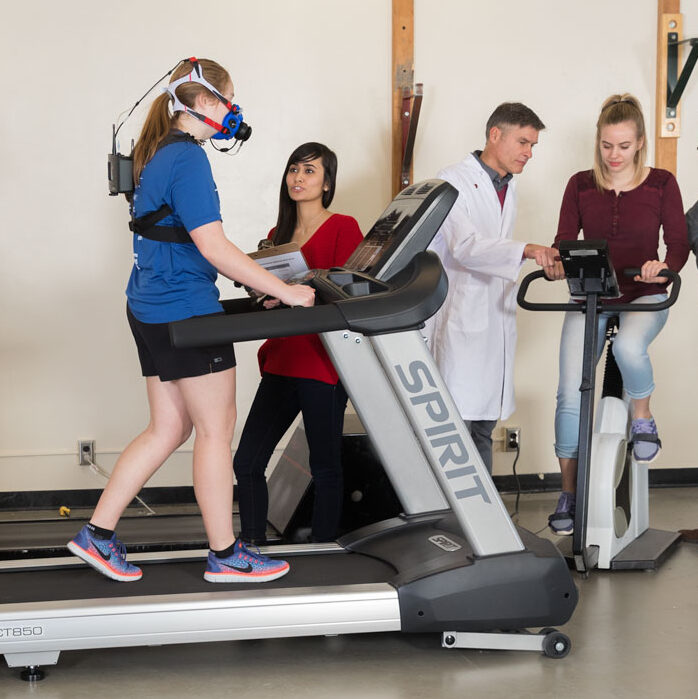
Want to go on to a professional school?
York is a great place to prepare for a professional school.
What makes York such a great choice for pre-professional school education? Lots of things including:
- Personal contact with professors
- Interactive laboratories
- Tutorials and seminars that develop critical skills
- Availability of courses required by professional schools
- Flexibility to structure courses to suit your interests and goals
- Pre-professional academic advising
- Pre-professional student clubs
- Extensive student services including career information sessions,
- time management workshops, learning skills, mock interviews
- Volunteer and paid positions in research labs
Careers for Kinesiology & Health Science graduates
(with further education)
- Athletic Therapy
- Business
- Chiropractic
- Counselling
- Dentistry
- Education
- Engineering
- Law
- Massage Therapy
- Medical Imaging
- Medicine
- Nutrition/Dietitian
- Occupational Therapy
- Optometry
- Pharmacy
- Physiotherapy
- Speech-Language
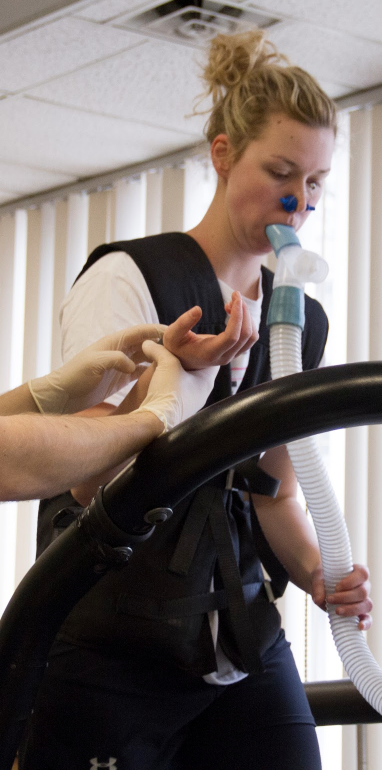
Where Passion for Education, Sports, and Social Justice Meets Activism
Ardavan Eizadirad’s academic and professional journey exemplifies how a foundation in Kinesiology and Health Science can lead to diverse and impactful career pathways. After earning a Bachelor of Arts in Kinesiology and Exercise Science and a Bachelor of Education at York University (2012), Dr. Eizadirad pursued graduate degrees in education completing a Masters in Social Justice (2012) and a PhD from the Ontario Institute for Studies in Education in Curriculum, Teaching, and Learning at the University of Toronto (2018).
Currently, Dr. Eizadirad is an Assistant Professor in the Faculty of Education at Wilfrid Laurier University. He is also a community activist and Executive Director of the non-profit organization Youth Association for Academics, Athletics, and Character Education (YAAACE) in the Jane and Finch community in Toronto. In these roles, he applies his expertise in education, equity, and community engagement to empower youth and families in underserved communities through access to trauma-informed and culturally responsive programs and services.
Dr. Eizadirad is also the founder and Director of EDIcation Consulting offering equity, diversity, and inclusion training to organizations. Beyond academia, he is a trailblazer in sports. With nearly two decades of basketball officiating experience across local, national, and international levels, he represents Canada as an international referee for Wheelchair Basketball.
Reflecting on his time at York University, Dr. Eizadirad states, “York’s Kinesiology and Health Science program gave me the interdisciplinary foundation to connect health, education, and social justice frameworks and discourses. The mentorship and education I received and the opportunities to engage in community initiatives were instrumental in shaping my passion and obtaining the foundational skills for being a leader and an activist advocating for equity and inclusion to better institutions.”
Dr. Eizadirad's career is a testament to how a degree in Kinesiology and Health Science can prepare students for diverse, non-traditional roles that inspire meaningful change in education, sports, and community leadership.
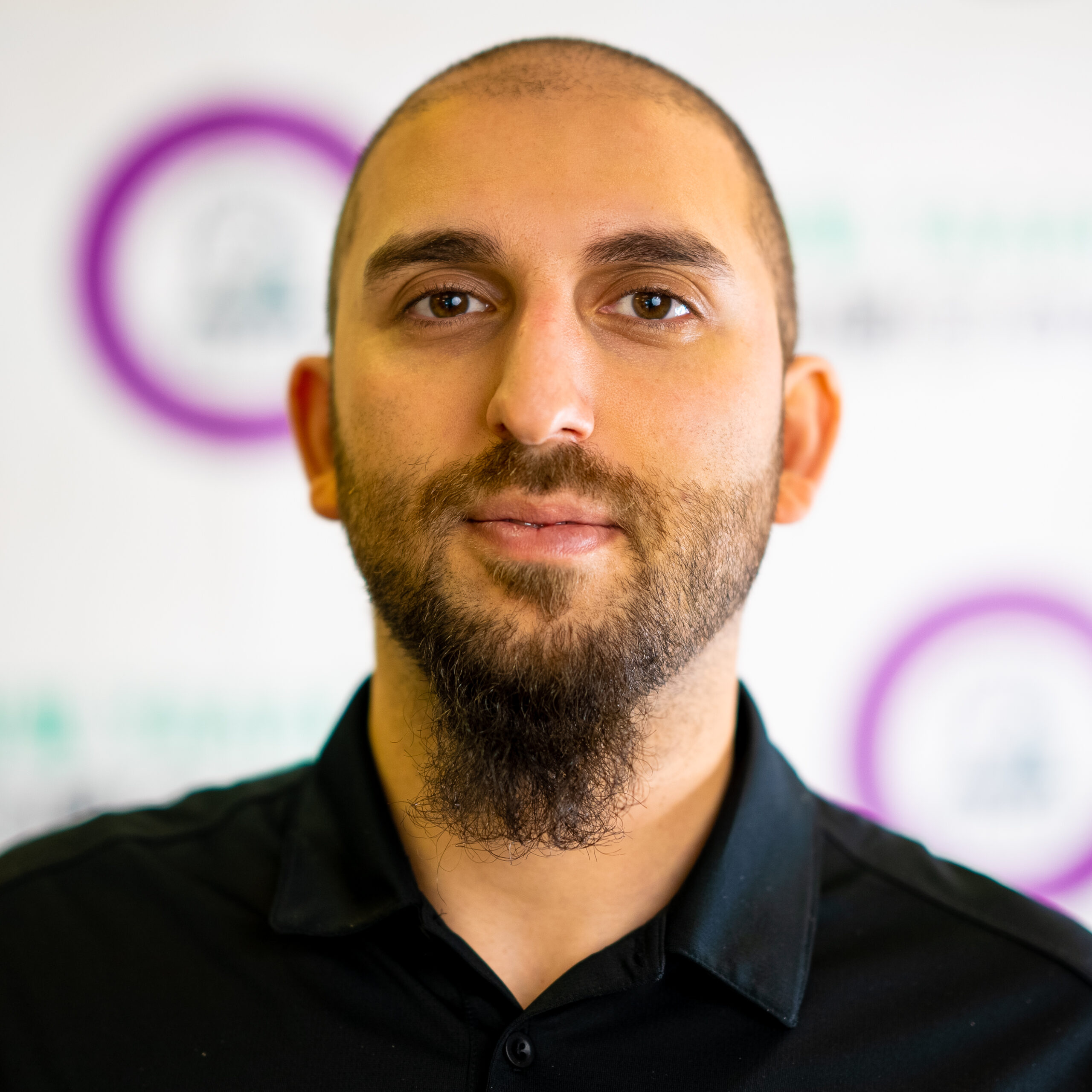
BA Kinesiology & Health Science
Assistant Professor,
Faculty of Education,
Wilfrid Laurier University and
Executive Director, YAAACE
Physiotherapy career began with a strong understanding of the complexities of the human body and its dynamic movements
Kevin's journey towards becoming a Registered Physiotherapist began with his undergraduate degree in Kinesiology & Health Science at York University. Upon graduation, he successfully completed his Masters of Physical Therapy at Western University. He was inspired to pursue a profession in physiotherapy after experiencing his fair share of injuries while competing on the Men’s Varsity Wrestling Team.
During his time at York, he actively engaged in various community initiatives. He volunteered as an orientation leader, provided assistance at local rehabilitation clinics and hospitals, and engaged as a student health ambassador in numerous university events.
His undergraduate studies provided him with an understanding of the profound influence of physical activity in enhancing the quality of life, including its role in disease prevention, management, and the treatment of dysfunction.
His favourite classes were human anatomy and biomechanics, and his most memorable experiences came from being involved with varsity athletics and volunteering as a Student Health Ambassador at York (SHAY).
As a licensed Physiotherapist, Kevin specializes in improving the physical well-being of his patients. With a strong foundation in anatomy, physiology, and evidence-based practices, he assesses, diagnoses, and treats various musculoskeletal and neurological conditions. His approach combines therapeutic exercises, manual therapy, and patient education to reduce pain, improve mobility, and optimize overall physical function. He works with a diverse group of individuals, including athletes recovering from sports related injuries to those managing chronic pain.
He is currently working at Athlete’s Care Sports Medicine Centres located at York University’s Keele campus in the Accolade East building and at York’s Track and Field Centre.
“The Kinesiology program equipped me with a strong understanding of the complexities of the human body and its dynamic movements. This has been instrumental in my career as a physiotherapist, enabling me to effectively utilize this knowledge to assist my patients restore their physical health and overall well-being.”
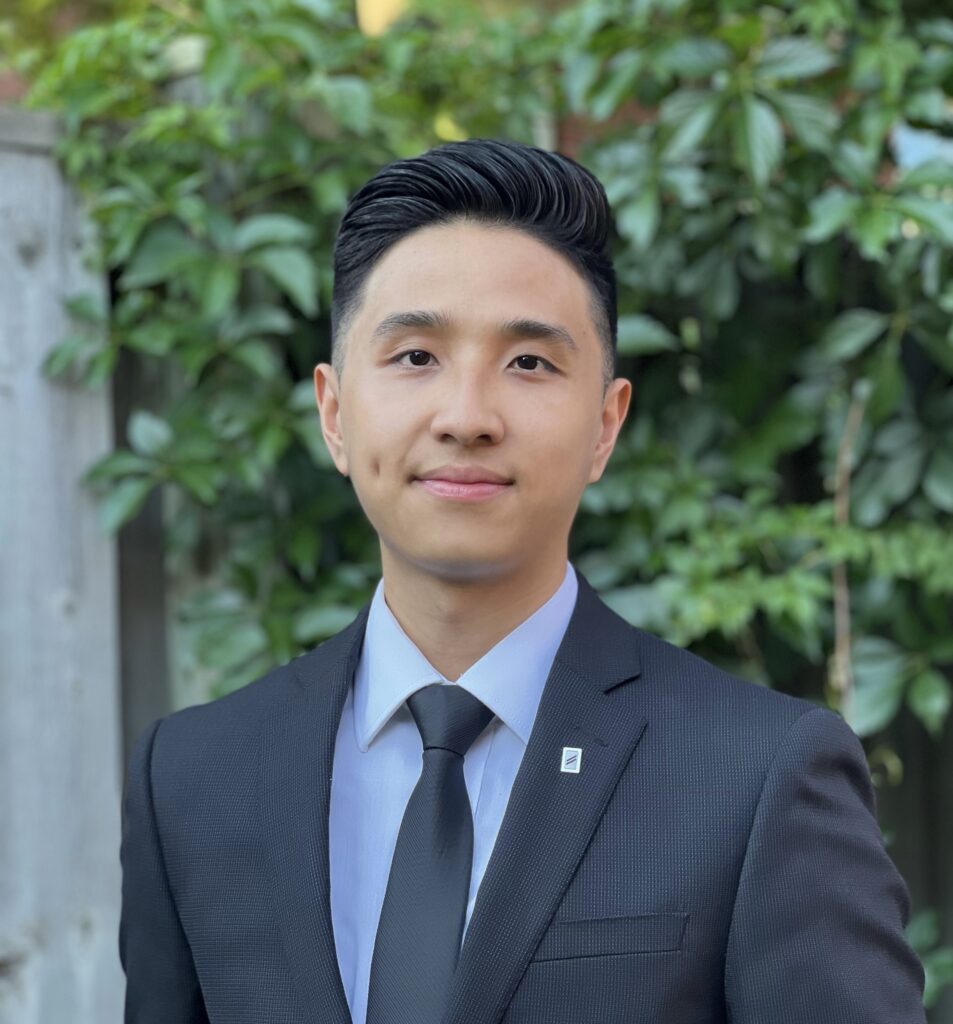
BSc Kinesiology & Health Science
Masters of Physical Therapy, Western University
Registered Physiotherapist
From biology to health advocacy and leadership
Jennifer Prosen, Certified Exercise Physiologist (CSEP-CEC) and Executive Director of the Ontario Society for Health and Fitness (OSHF) decided to complete her graduate studies at York University after working for three years at a media company, Canada Newswire (CNW) Group. Prior to that, she had already completed a Bachelor of Science degree at University of Toronto in biological anthropology and archeological science but experienced difficulty getting a job in that field – so she switched career paths and went to graduate school at York.
“I decided to follow my interests rather than a paycheque and return to school for Kinesiology and Health Science. I didn’t have the academic background to be immediately accepted into the graduate program at York, so I did one year of full-time undergraduate coursework in order to qualify,” she says.
Considering that this would be her second university experience, Prosen was thrilled at the opportunity to participate in activities she had missed out on during her undergraduate degree such as campus life, work/study jobs and attending events. Overall, she maintained an active involvement at York’s Keele campus, which provided an enriching university experience.
In addition to receiving her Master’s degree in Kinesiology and Health Science, she obtained a CSEP-CEP certificate that gave her access to job postings from which she landed her current position at the OSHF in Ottawa. As Executive Director, she assumes the mandate of the OSHF to ensure the promotion and availability of quality fitness and physical activity practices throughout the province. Considerable research underscores how regular physical activity and being physically fit treats and prevents chronic diseases. “We want all Ontarians to have the opportunity to capitalize on this,” she says “and being a CSEP-CEP gives me instant credibility as a professional. Organizations automatically know that I have completed a minimum of an undergraduate degree in Kinesiology, and I have the knowledge and practical skills to work with all kinds of clients. If you plan on working ‘hands-on’ in a fitness-related setting, getting certified is essential."
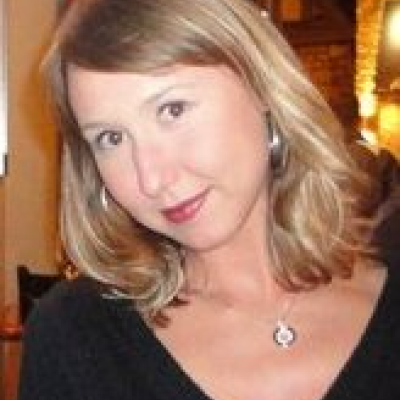
MSc Kinesiology & Health Science
Executive Director, Ontario Society for Health & Fitness
Passionate about assisting others recover from injuries?
While acquiring an injury may be an inevitable part of life, Dr. Masood ensures that his patients are able to function once again at an optimal level.
As a practicing and licensed chiropractor in two multi-disciplinary clinics, Dr. Masood specializes in working with individuals suffering from musculoskeletal injuries. From the initial stages of providing a diagnosis to creating individualized treatment plans that integrate various therapeutic methods and practical tips, he strives towards improving the current state of patients and maintaining their achieved health.
“I am responsible for providing an evidence based, non-invasive approach to health care for patients who suffer from musculoskeletal injuries which includes any injury pertaining to the muscles, joints and nerves. I accomplish this by first performing a comprehensive history and physical exam followed by providing a diagnosis for patients. Next I develop a plan of management and communicate all my findings to the patient. Along with treating patients through adjustments, soft tissue therapy, modalities and acupuncture; I also develop exercise and stretch routines and provide nutritional advice for them.”
Dr. Masood advises that that alongside your academic studies, building your repertoire of experiences is a great way to increase your chances of finding a job. Before graduating with a Bachelor of Science in Kinesiology and Health Science, he had the opportunity to work at a Chiropractic clinic in his fourth year. Gaining this hands-on experience in addition to in-class knowledge from state-of-the-art resources and top professors played a key role in shaping Dr. Masood into the accomplished professional he is today. “I developed not only the social skills necessary to interact comfortably with the real world, but it also allowed me to build a good work ethic and laid down a solid foundation of knowledge which was easy to build upon”.
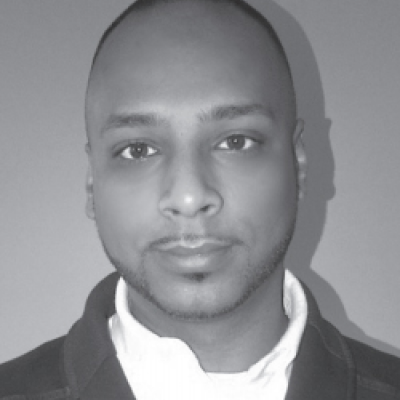
BSc Kinesiology/Psychology
Chiropractor
Today’s focus on health promotion and wellness is something Michelle Groat is part of every day in her career as a teacher with the Durham District School Board.
“We teach students about the importance of an active, healthy lifestyle while introducing them to different physical activities, at least one of which we hope they will continue to pursue after their mandatory physical education class is over,” says Michelle who teaches phys-ed and math. She also coaches her school’s junior girls’ basketball team, wrestling team, and junior and senior girls’ soccer team.
Michelle has been in her current position for a year, after having spent the previous year as a supply teacher. “Teaching is tough to get into right away, so it’s important to prepare for your career early,” Michelle advises. She recommends joining as many programs at York as possible—student government, intramurals, etc.—which provide good experience for people going into leadership careers.
“Also try to get as much experience as possible with the age group you hope to teach,” she says. “Volunteer in classrooms, coach kid’s teams, tutor high school students, work at summer camps—it’s better to get your experience now, rather than when you’re applying for jobs. Then, when you do apply, submit applications to as many school boards as possible.” Michelle also advises to be prepared to start as a supply teacher or a “long-term occasional” (a position filling in for a teacher on maternity leave or other extended leave of absence) before landing a full-time position.
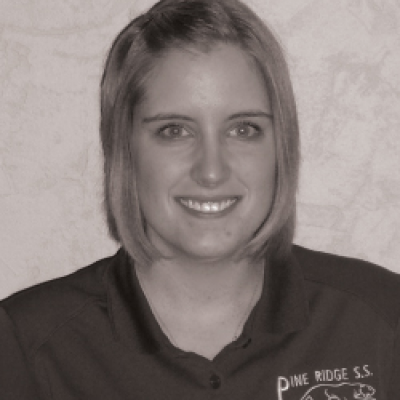
BA Kinesiology & Health Science BEd
Phys-ed Teacher with the Durham District School Board
Related Websites
Canadian Academy of Sport Medicine
Canadian Association for Health, Physical Education, Recreation and Dance
Canadian Fitness and Lifestyle Research Institute
Canadian Kinesiology Alliance
Canadian Society for Biomechanics
Canadian Society for Psychomotor Learning and Sport Psychology
Canadian Wellness
Kinesiology and Health Science Student Organization
Learn More
For more information about this degree, visit the School of Kinesiology & Health Science website.
